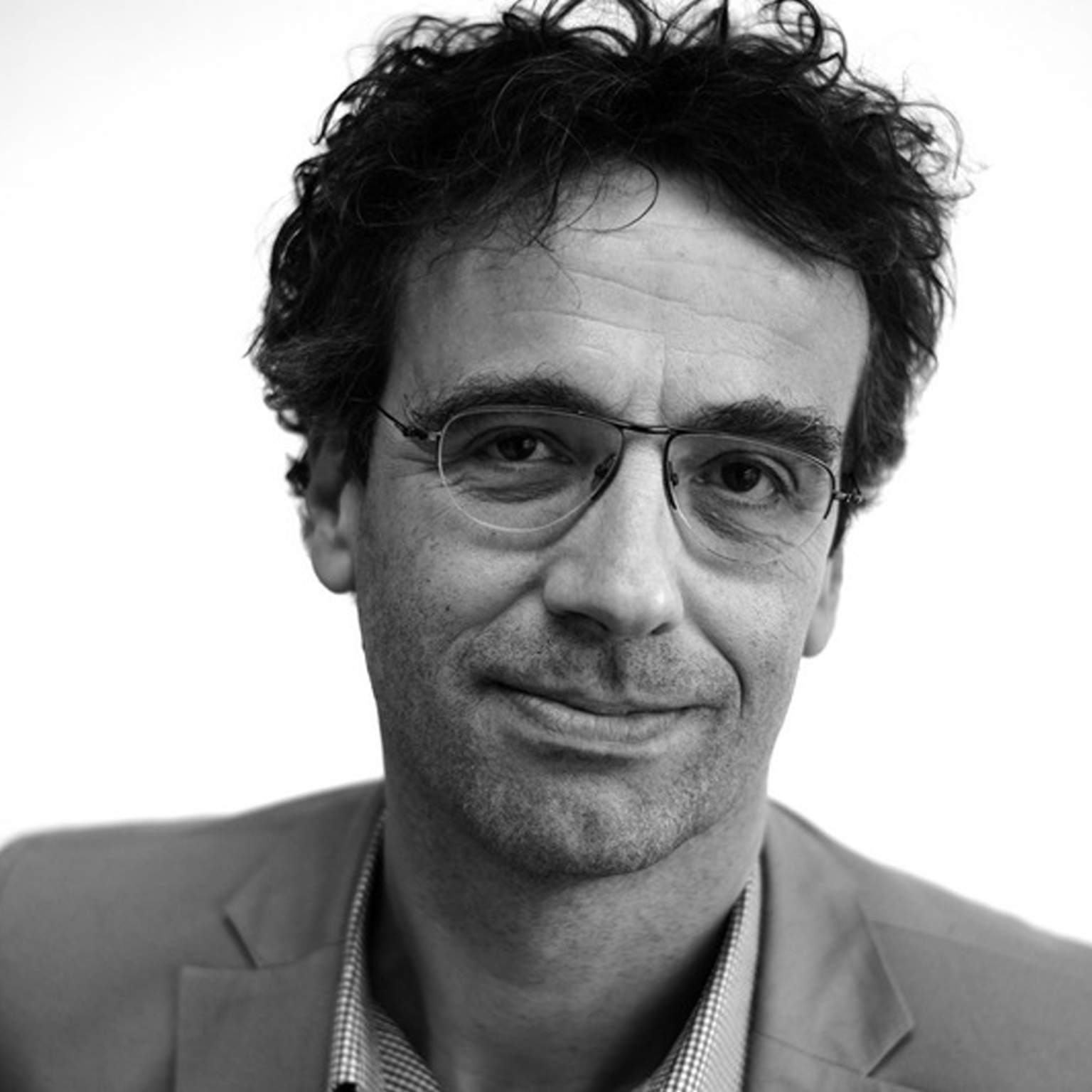Sure, I am properly educated, my salary is not that bad, and I think I know pretty well what would be needed to live a long and healthy life, and do good for our planet. Yet, I am drinking a Grolsch beer while writing this column –and had half a bottle of wine last night–, I brag to be driving a hybrid car that is still an SUV on gasoline, and I rarely talk to the people in my apartment building. It is easy to see what I could better, and it is so damn hard to do it. I lack the willpower or the patience, and the long-term consequences seem indeed… long-term. How can I do “the right thing” in this world full of splendid temptations? I think the answer is beautifully simple: we just need to redesign the world…, please guide us!
Designers have the key to a better world. “Whether we are considering energy consumption, food options, or healthy behaviours, designers can develop possibilities for action that make us love the right thing, take for granted that it is the obvious choice, and incorporate it into our everyday lives without much effort or any sense of loss.”, I said in my Delft Dies lecture, earlier this year. The Ibilight can tackle loneliness of elderly people and promote social cohesion, just like the service Peerby makes us meet local strangers while picking up the tool we love to borrow from them. Following Thomas van Arkel’s concept of appropriateness, these designs effortlessly blend into our everyday lives, and make us do the right thing.
You may wonder, where do designers find the legitimacy—or the arrogance—to tell people what is best for them and the planet? Neuroscientist Sam Harris gave his provocative book “The Moral Landscape” the appropriate subtitle, “how science can determine human values”. Like many cognitive scientists, he argues that science can in fact be our moral guide, and even form the foundation for a moral philosophy. Following Steven Pinker, such a philosophy draws “on simple, transparent principles that everyone can agree upon”, like the ideal of human flourishing. The trick is to design for such long-term well-being while simultaneously pleasing people in the here and now. That may sound beautifully simple, but, as so often, simplicity is the hardest to design for.




